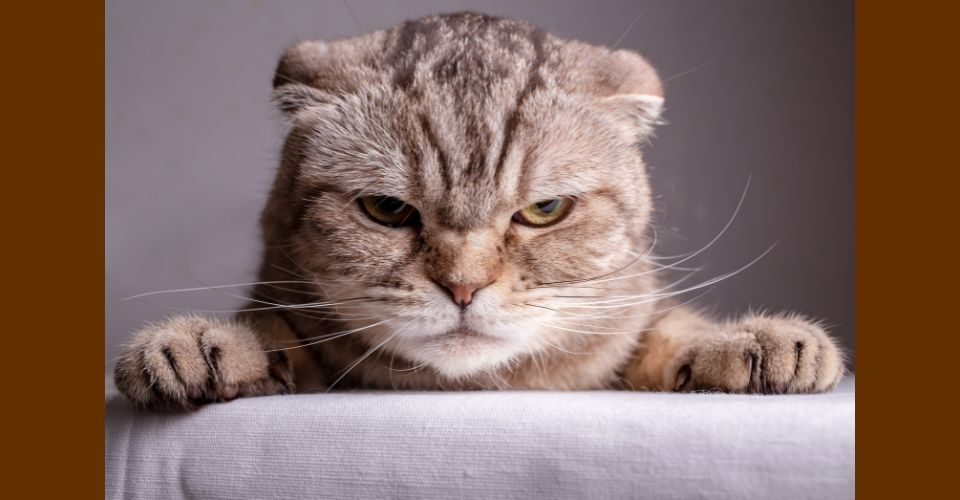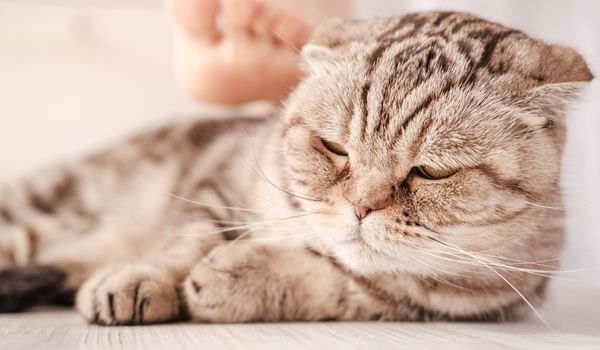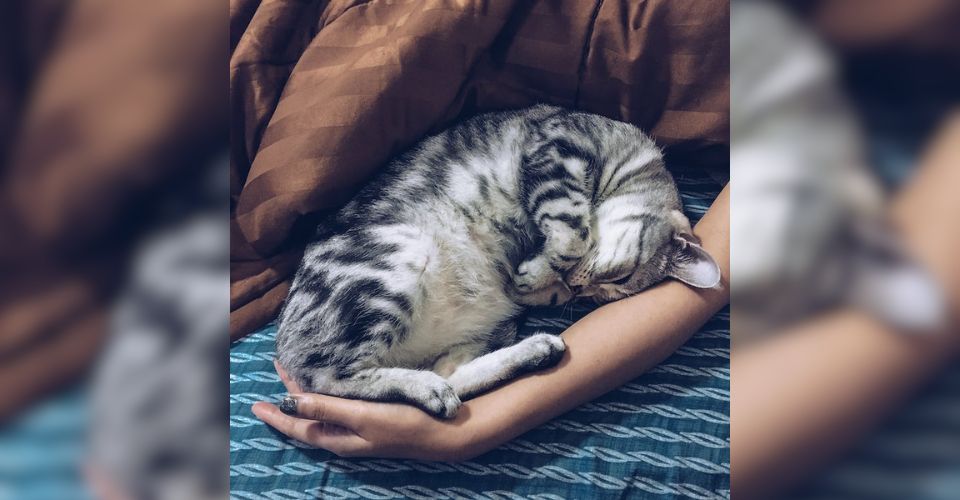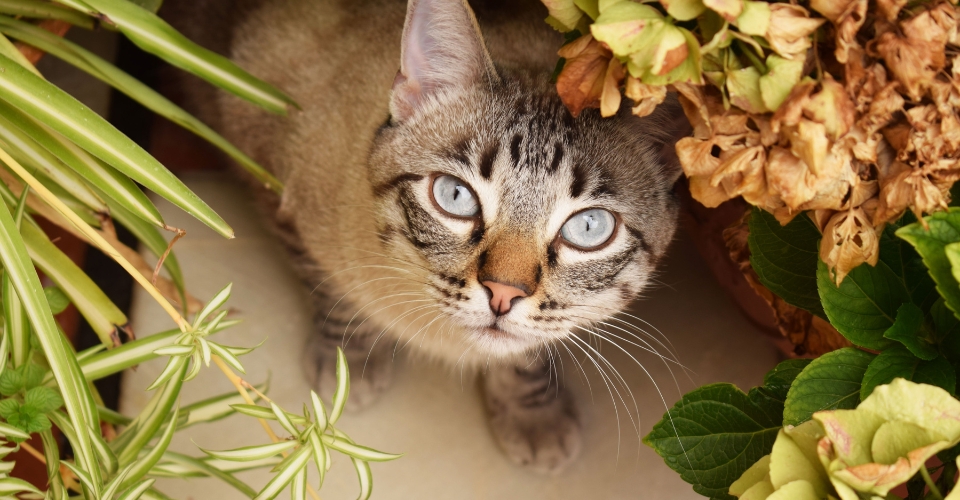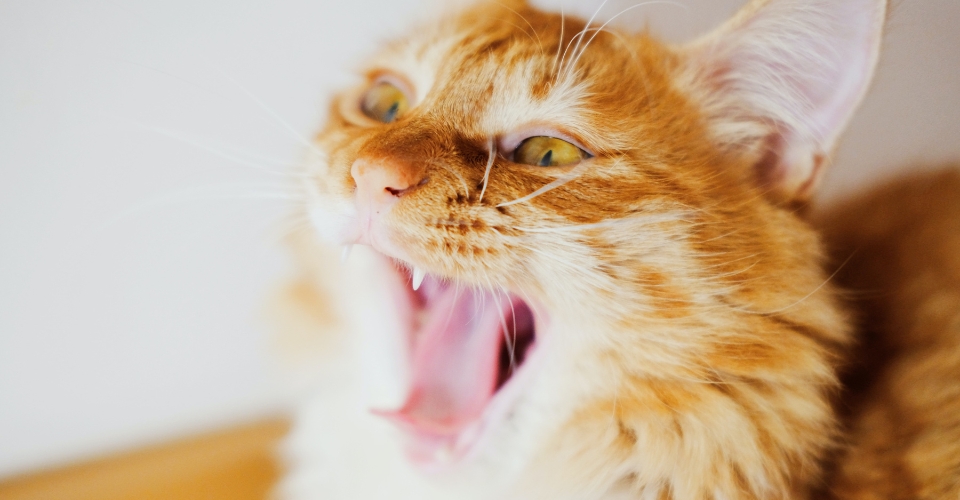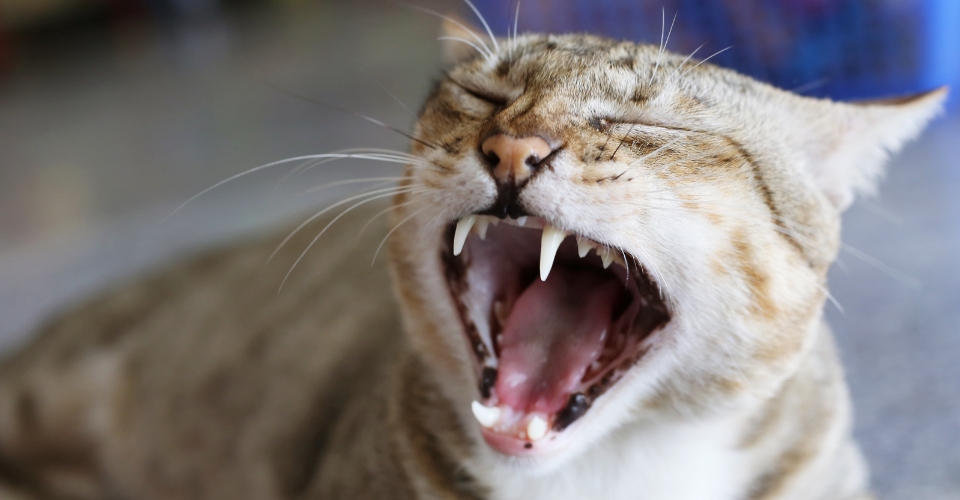You yelled at your cat for jumping over the kitchen sink and knocking down a couple of plates. You are now calm, but your cat is still furious – she is mad at you. It is mealtime for your kitty, but she is in a mood and not eating the meal that you have served.
You know she is hungry. And you start to wonder, how long does a cat hold a grudge?
But before going there, we need to find out if cats hold grudges.
Do Cats Hold Grudges?
Yes, cats do hold grudges—but not like humans do. Cats have a different range of emotions than humans, and their manner of holding grudges is different than ours. But “cats don’t forgive, and once they realize a person is causing them anxiety or hurt, they keep away,” says John Bradshaw, an anthrozoologist at Bristol University and the author of “Cat Sense: How the New Feline Science Can Make You a Better Friend to Your Pet.”
Now that we know cats do hold grudges (in their own way), let’s see for how long.
How Long Does a Cat Hold a Grudge?
Cats are moody creatures, so the answers pertaining to their behavioral traits are not simple. By and large, how long a cat may hold a grudge depends mainly upon her age: if she is young, the timespan will be short (as much as only a few minutes); but if she is a grown-up adult, she might stay mad for a couple of days. Other factors, such as the reason for grievance, health, and psychological issues, can also stretch or squeeze the time.
Let us delve further into the subject.
The Age Factor
There is a plethora of research available on the relationship between a cat’s age and her memory span. The research seems to establish a consensus that kittens and young cats do not remember what happened for more than a few minutes. On the other hand, adult cats, on average, forget the occurrences after around 16 hours, annulling their grudge.
Note that exceptions are always there. A recent study has unearthed the fact that kittens weaned around eight weeks of age can remember the smell of their mothers quite well even when they grow up, pointing toward the possibility of a fairly larger-than-estimated memory span in young kitties. Similarly, Tufts University researchers have found out that the cerebral cortex in a cat’s brain is very similar to that in human brains, a feature that might make them remember an event for a long – after all, it is no surprise that cats always know when it is meal time, who their owners are, and how to communicate with them!
In short, kittens do not hold grudges because of their short memories. Old kittens may hold a grudge for up to 16 hours.
Cause of the Grudge
Cats generally forget and forgive quickly if someone has done them wrong unintentionally. However, if you have intentionally done wrong to your cat, she will not easily forget or forgive you.
Some common unintentional behaviors of owners that might provoke short-term grudges in their cats include the followings:
- Hugging: It is no secret that most cats hate to be hugged, especially very tightly—pinning them to the chest against their will is not acceptable in the feline world. They might take it as a form of human-induced torture, resulting in showing resentment through meowing, panting, and scratching.
- Lifting: Cats do not like to be lifted. So, if you sneak up on your cat and lift her, she will strongly dislike it and might develop a grudge against you. If she squeaks while being lifted, avoid lifting her and try to know the cause of her behavior. Is it an injury or illness, or is she not in the mood right now?
- Touching: Typically, the stomach, legs, and tail are no-touch zones in cats. These are sensitive zones and can lead to uneasiness. If someone regularly pets their cat in such areas, the latter might develop a grudge.
Likewise, these common intentional occurrences can make your cat forgive you only after a long time:
- Abuse: Any form of cruelty with your cat – most notably, kicking, stabbing, burning, and beating – can have a lasting impact on her. Other than those, simply neglecting her basic needs, such as food and shelter, can also lead to the development of a strong grudge. This will not only impact your relationship with her, but she might also be afraid of strangers.
- Punishment: Being harsh with a cat for any mischievous behavior can incite anger in her. Even a slight rise in your voice can fracture your relationship with your cat. Even if your cat has done something wrong, you should never punish her. Research has established that punishing behaviors is counterproductive and positive reinforcements that should be pursued.
Cat Tails Are Extremely Sensitive!
Cats’ tails are an extension of their spine, making it a very sensitive area, and any form of physical harm there simply becomes intolerable.
Psychological and Health Matters
Any severe past event that harms a cat either physically or mentally can make her hold a grudge for a long. This usually happens when the cat experiences something that reminds her of some past tragedy. This leads to the rejuvenation and solidification of the grudge.
However, a simple genetic factor can also make some cats remember past occurrences for a longer period, e.g., the most intelligent cat breeds, such as the Abyssinian and the Persian, might not let the grudge go easily.
What Are the Signs of Grudge in Cats?
The most common sign of grudge in felines is their reluctance to hang around the person they are mad at. However, some other signs might also indicate the same. But remember, these signs can be there due to many other causes as well, such as if a cat is hyper.
- Changes in eating and drinking patterns.
- Growling and hissing when someone approaches them.
- Hiding in concealed areas such as in a closet.
- Holding the ears back.
- Looking with a sharp or visibly annoyed face.
- Not making eye contact.
- Peeing and pooping everywhere.
- Reluctance to petting.
- Tail puffed up.
- Twitching the body and especially the tail.
- Walking away from certain people.
How to Become Friends With Your Cat Again?
Just be in the “forget and rebuild relations mood,” and your cat will eventually let the grudge go. Try doing the followings:
- Never force your affection on your cat. If she is mad at you, this approach is most likely to backfire. However, if she shows any sign that the ice is breaking, do not miss the chance to pet her passionately.
- If your kitty has a favorite spot in your home, take her there. Once there, let her play with her favorite toys. The goal is to be with her and spend the most time together. But stay at a safe distance—in case she gets angry.
- Never ignore your cat. Some cats, such as the Burmese, are attention seekers. By fulfilling her desire, you can get closer to her heart.
- Cats usually like it when you call them by their names. So, stick to your feline’s name instead of calling her by saying, “hey, kitty, kitty!”
Rounding Up: How Long Does a Cat Hold a Grudge?
Cats tend to forgive and forget very soon. Where young felines forget/forgive within a few minutes, adult cats might take around 16 hours, depending on the underlying resentment. However, cases of cats holding grudges for long periods also exist.
But if you happen to wrong your cat, never give up on mending your relationship with her. Remember, though cats hold grudges, they seek to forgive their human pals for self-preservation. First, do not give your cat a reason to get mad at you, but cash her tendency to forgive if she does.

